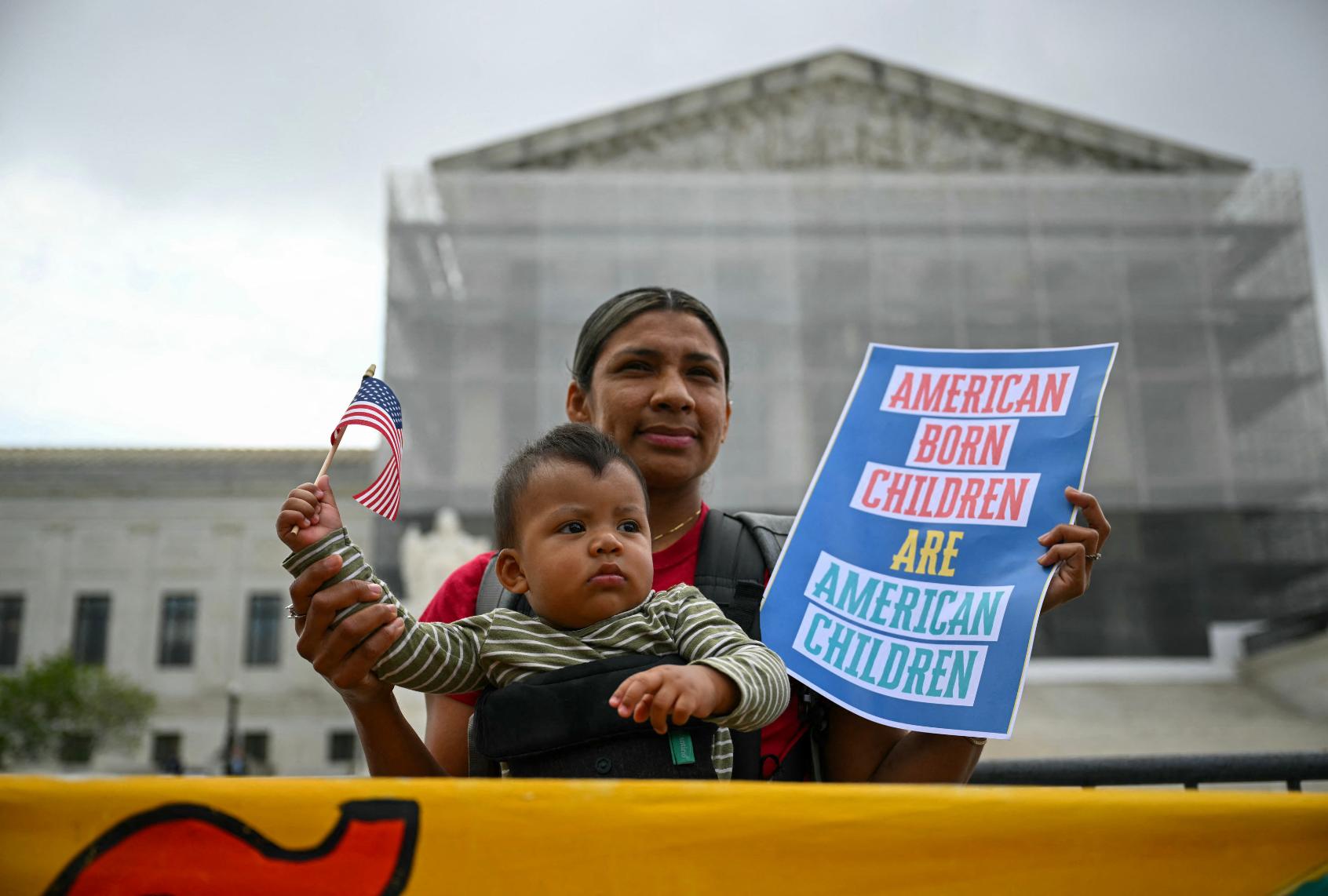A federal judge in New Hampshire granted class action status that stands to protect children who would be denied American citizenship by President Donald Trump, while simultaneously placing a temporary block on the president’s order restricting birthright citizenship.
The class action case, Barbara v. Donald J. Trump, was filed June 27, immediately after the Supreme Court restricted the power of lower federal courts to issue nationwide injunctions. Thursday, the groups that brought the case successfully saw a nationwide class certified and won a preliminary injunction, which temporarily prevents the order from going into effect for seven days, giving time for appeal.
In this case, a pregnant woman, two parents and their children challenged Trump’s order, which would deny birthright citizenship to the children of immigrants who are not themselves U.S. citizens.
“This ruling is a huge victory and will help protect the citizenship of all children born in the United States, as the Constitution intended,” said Cody Wofsy, deputy director of the ACLU’s Immigrants’ Rights Project and one of the attorneys who argued the case. “We are fighting to ensure President Trump doesn’t trample on the citizenship rights of one single child.”
In his order, Trump is seeking to redefine the 14th Amendment’s birthright citizenship clause, which states that “All persons born or naturalized in the United States and subject to the jurisdiction thereof, are citizens of the United States.”
The Trump administration now claims that the phrase “subject to the jurisdiction thereof” means that they can deny citizenship to the children of people who are not themselves citizens or lawful permanent residents.
This argument was ruled on over a century ago in the case United States v. Wong Kim Ark, in which the Supreme Court affirmed birthright citizenship in a 6-2 decision, which has stood since 1898.
Start your day with essential news from Salon.
Sign up for our free morning newsletter, Crash Course.
In June, the Supreme Court restrained the power of courts to issue universal nationwide injunctions in cases like those concerning birthright citizenship, restraining federal courts’ ability to ensure executive actions follow federal law. Multiple birthright citizenship cases were refiled as class-action suits in the wake of this ruling.
The decision, made by Judge Joseph LaPlante from the bench Thursday, was hailed as a win for those fighting to maintain birthright citizenship and the historical interpretation of the 14th Amendment. LePlante was appointed by former President George W. Bush.
“Today’s decision is a victory for our plaintiffs, and millions of families across this country, who deserve clarity, and stability,” said Tianna Mays, legal director for Democracy Defenders Fund. “The fight to uphold the guarantee of birthright citizenship is far from over and we will continue to advocate to ensure we keep that promise.”
Read more
about the 14th Amendment


